Find Help
More Items From Ergsy search
-
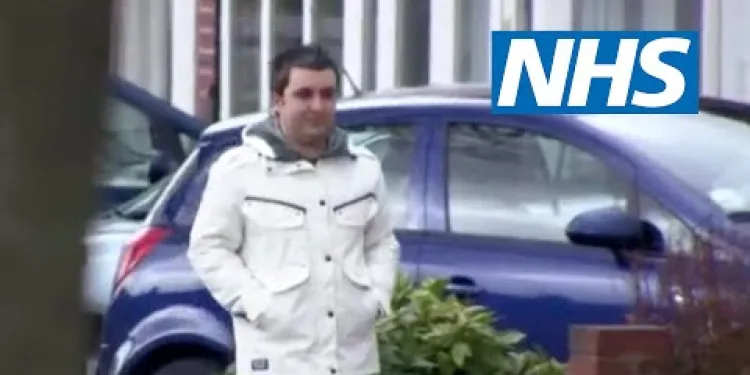
Autism: Graeme's story | NHS
Relevance: 100%
-
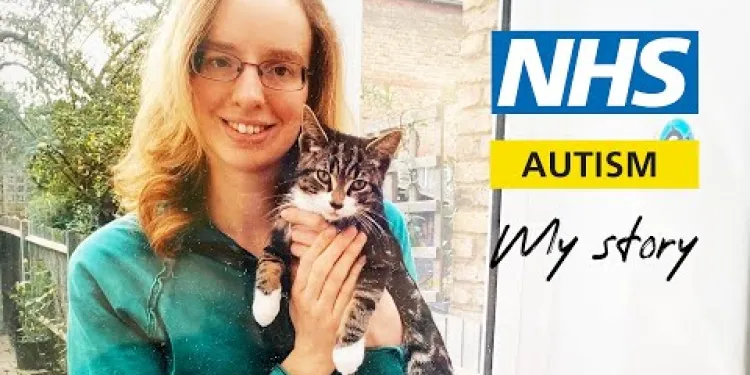
Autism - My Story - Rosalind | NHS
Relevance: 99%
-
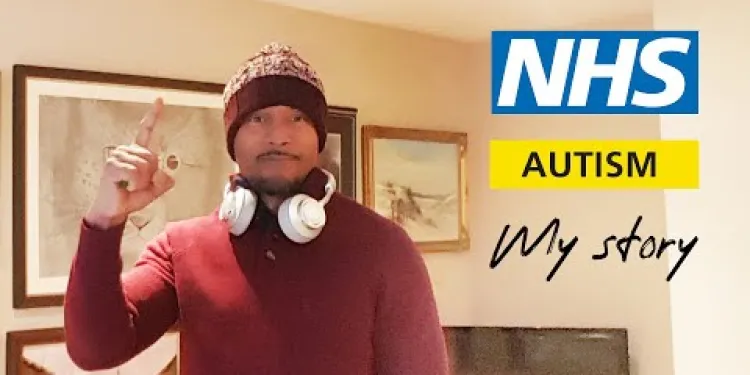
Autism - My Story - Adrian | NHS
Relevance: 99%
-
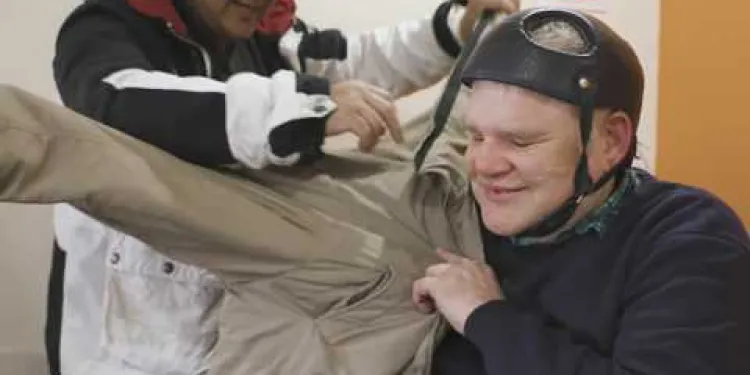
Transforming Care for people with Learning Disabilities and/ or Autism: Peter's Story
Relevance: 87%
-
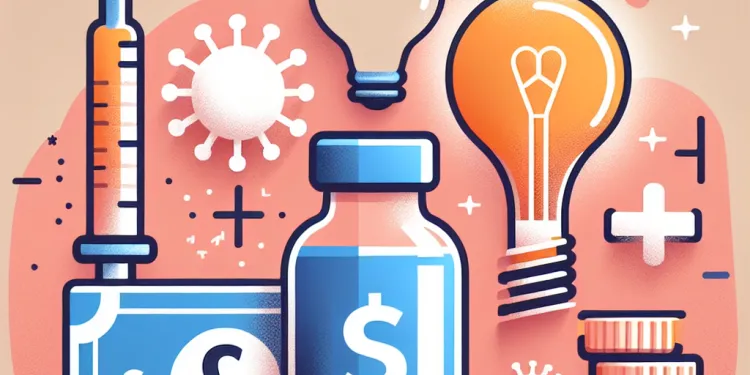
Are vaccines linked to autism?
Relevance: 68%
-
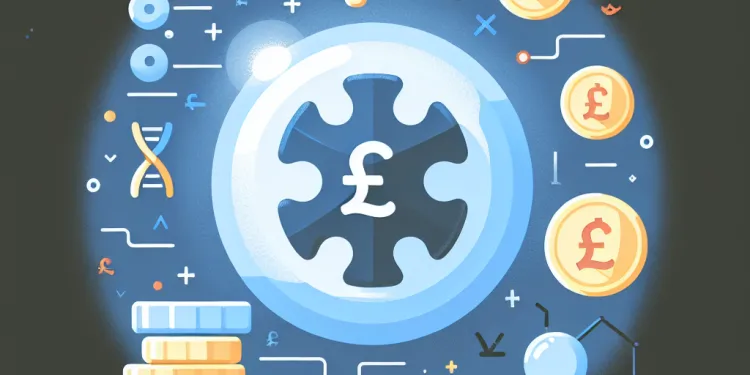
What is Autism?
Relevance: 68%
-

Is there an autism test?
Relevance: 68%
-

How does autism affect communication?
Relevance: 68%
-
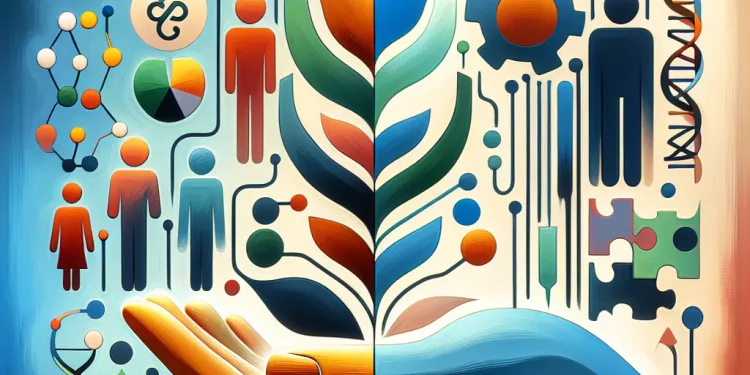
Is there a genetic component to autism?
Relevance: 65%
-

What is the autism spectrum?
Relevance: 65%
-

How prevalent is autism?
Relevance: 65%
-

What causes autism?
Relevance: 65%
-
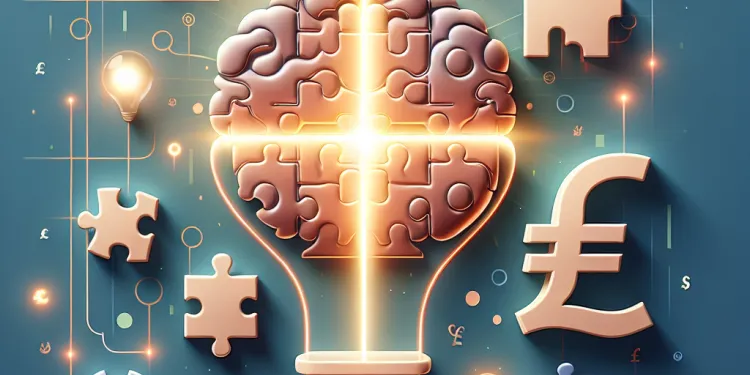
Can autism be cured?
Relevance: 65%
-

What are the signs of autism?
Relevance: 64%
-
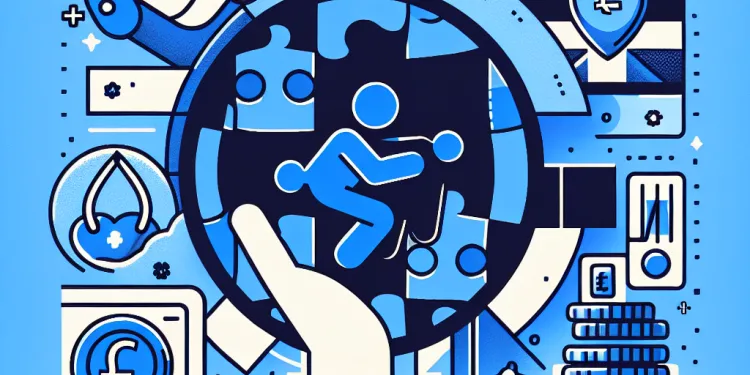
How is autism diagnosed?
Relevance: 64%
-
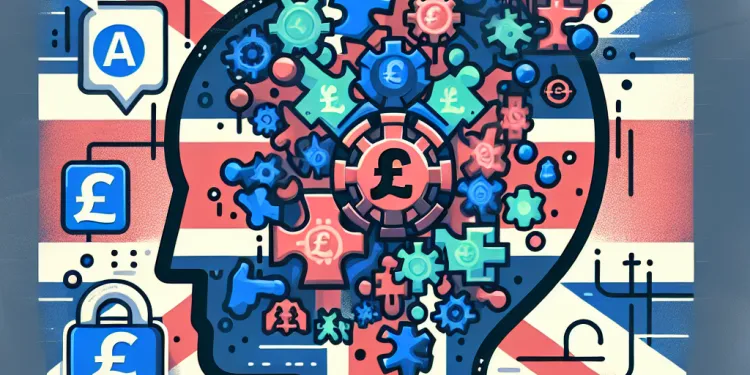
Can adults have autism?
Relevance: 63%
-
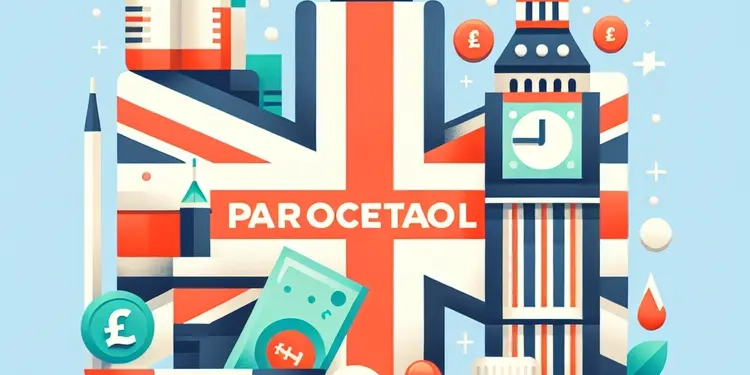
Is paracetamol linked to autism?
Relevance: 62%
-
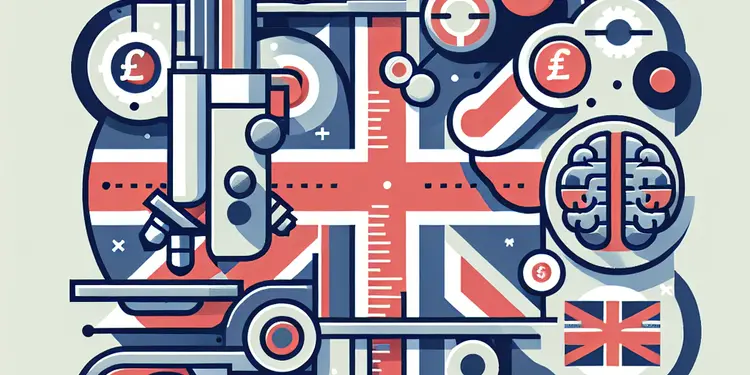
What can cause autism, if not paracetamol?
Relevance: 61%
-

Danny's Story
Relevance: 61%
-
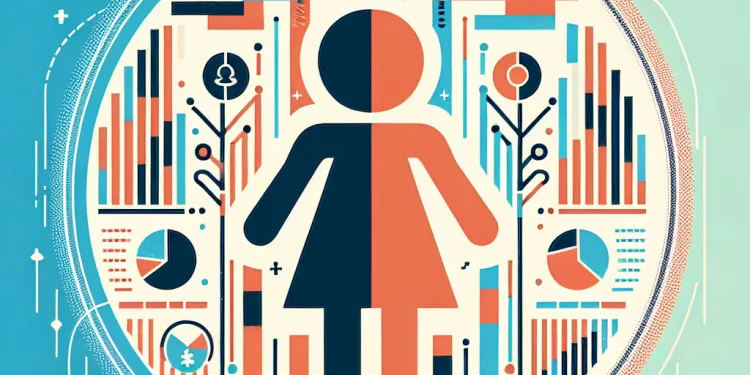
Is autism more common in boys or girls?
Relevance: 60%
-

What are some common therapies for autism?
Relevance: 60%
-
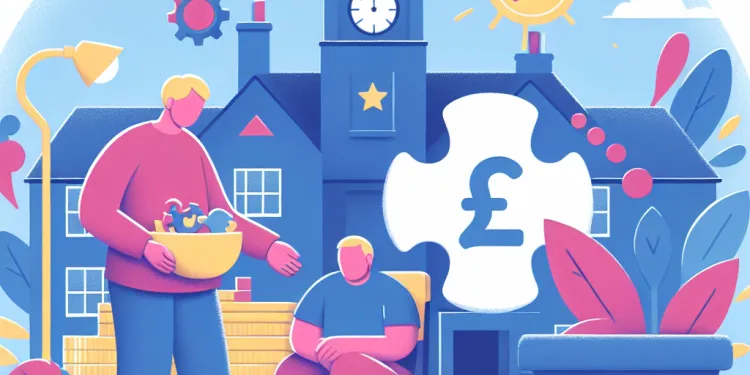
Can people with autism lead independent lives?
Relevance: 58%
-
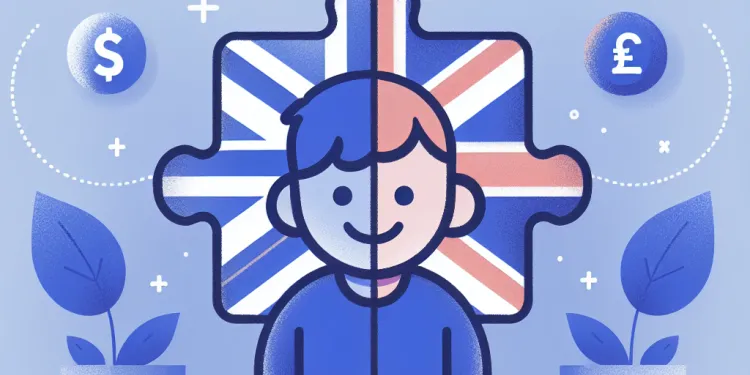
What is the difference between autism and Asperger's syndrome?
Relevance: 57%
-

Autism Assessment - What Happens in Your Appointment
Relevance: 56%
-
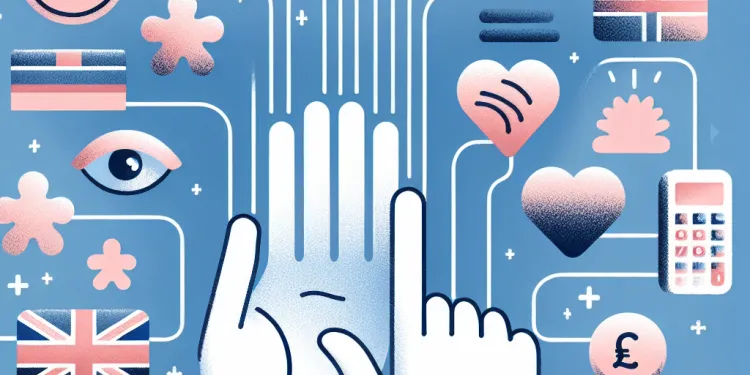
What role do sensory issues play in autism?
Relevance: 56%
-

How can families support a member with autism?
Relevance: 55%
-
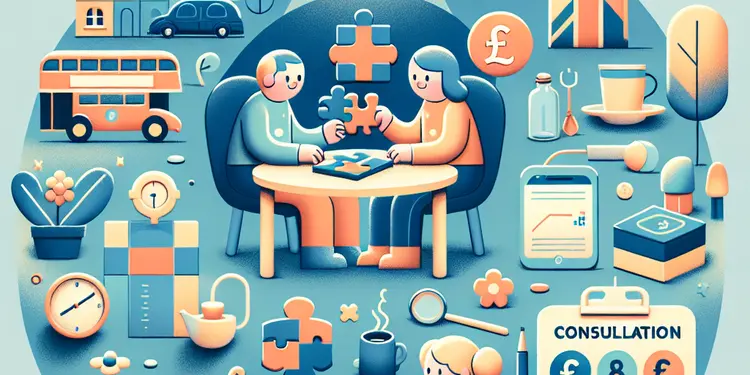
What advice is available for parents concerned about autism risks?
Relevance: 55%
-
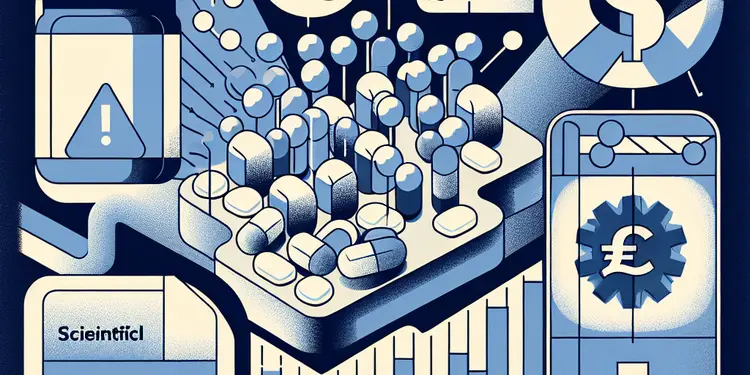
Is there any scientific evidence that links paracetamol use to autism?
Relevance: 55%
-

The NHS Long Term Plan for learning disability and autism
Relevance: 55%
-
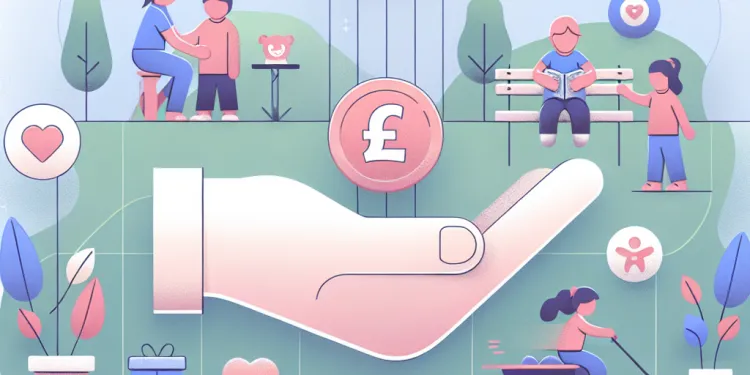
How can early intervention help children with autism?
Relevance: 55%
-
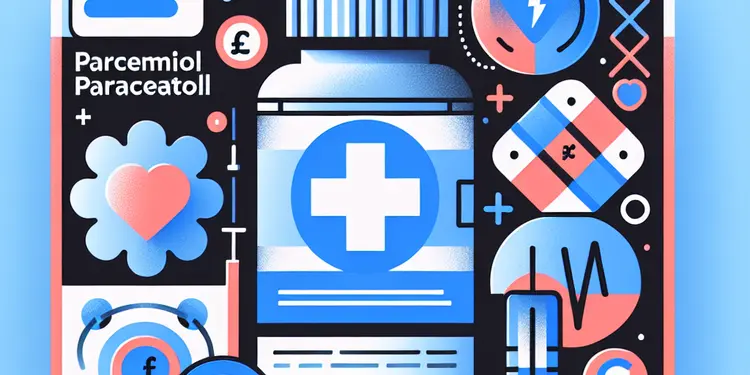
Why is there concern about paracetamol and autism?
Relevance: 54%
-

Is there any risk of using paracetamol outside of pregnancy with regard to autism?
Relevance: 53%
-

What kind of studies are conducted to investigate links between medications and autism?
Relevance: 53%
-
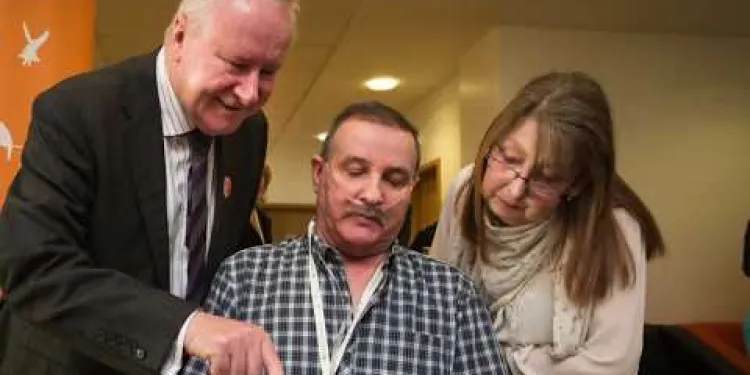
Bernard's Story - Lung Transplant
Relevance: 50%
-
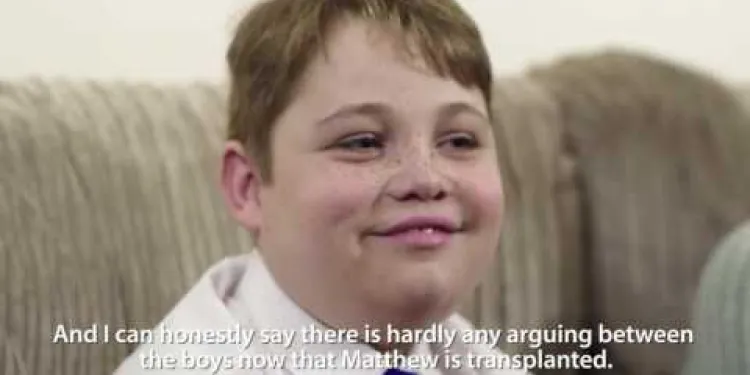
Matthew's Story: Kidney Transplant - Part 1
Relevance: 50%
-

HIV - My Story - Florence | NHS
Relevance: 48%
-
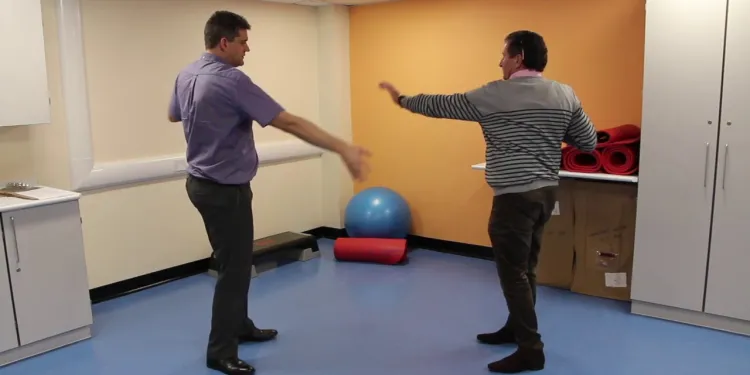
Sean's Story - There is another way. Information for prescribers
Relevance: 47%
-
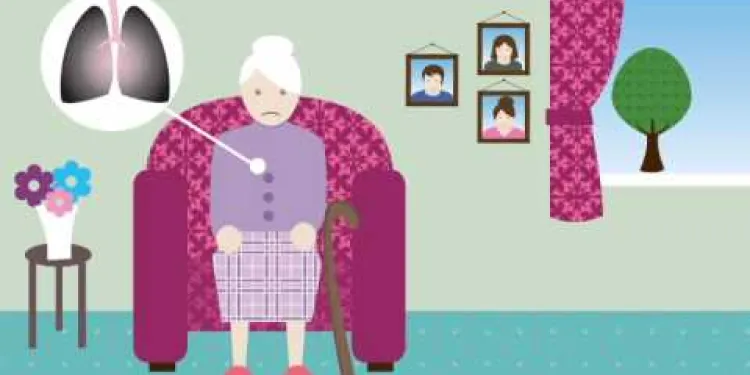
Dorothy's Story (Falls/Chest Infection)
Relevance: 46%
-

Parkinson's disease: Karen's story | NHS
Relevance: 44%
-
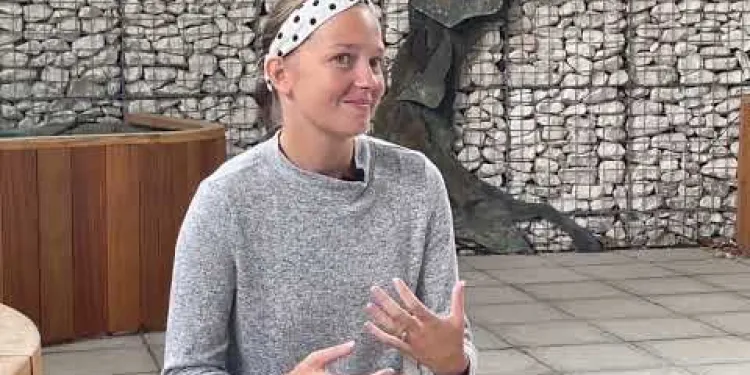
Emma's story: My brain tumour story
Relevance: 44%
Autism - My Story - Adrian | NHS
Introduction
Hello, I'm Adrian, and I want to share my journey with autism. By telling my story, I hope to shed light on what it means to live with autism and to provide support for those who might be facing similar challenges. Autism is a spectrum condition, which means that it affects people differently and to varying degrees. My story is just one among many, and it reflects my personal experiences and the support I received from the NHS in the United Kingdom.
Early Years and Diagnosis
From an early age, it was clear to my parents that I was different from other children. I faced difficulties with social interactions and communication, and I often engaged in repetitive behaviours. My parents took me to see a specialist, and at the age of five, I was diagnosed with autism spectrum disorder (ASD). Receiving a diagnosis was both a relief and a challenge. It gave my family a better understanding of my condition, but it also meant we had to learn new ways to support my development.
Support from the NHS
The National Health Service (NHS) provides a range of services and support for individuals with autism. I benefited from speech and language therapy, occupational therapy, and specialist educational support. These services were crucial in helping me develop essential skills and navigate the world around me. Additionally, the NHS provided my family with resources and guidance on how to create a supportive environment at home.
Schooling and Education
Attending mainstream school was challenging, but with the help of the NHS and dedicated teachers, I was able to receive the support I needed. Adjustments were made to accommodate my needs, such as having a quiet space to retreat to when I felt overwhelmed. Individualized Education Plans (IEPs) were crucial in setting achievable goals and tracking my progress. The collaborative approach between the school and the NHS made a significant difference in my educational journey.
Transition to Adulthood
Growing up with autism has its unique set of challenges, especially during the transition to adulthood. The NHS continues to play an important role in offering support and resources for young adults with autism. Vocational training and mental health services have been particularly beneficial for me. With proper guidance and support, I’ve been able to pursue my interests and contribute meaningfully to society.
Conclusion
Living with autism is a lifelong journey that requires patience, understanding, and support. The NHS has been an invaluable resource for me and my family, providing the necessary services and assistance at every stage of life. My story is a testament to the positive impact that early diagnosis and continued support can have on individuals with autism. To anyone navigating a similar path, know that you are not alone, and there are resources and communities ready to support you.
Autism - My Story - Adrian | NHS
Introduction
Hi, I'm Adrian. I want to share my story about living with autism. I hope it helps people understand and support others with autism. Autism affects everyone differently. My story is just one example. The NHS in the UK has helped me a lot.
Early Years and Diagnosis
As a child, my parents noticed I struggled with talking to other kids and often repeated my actions. When I was five, a doctor diagnosed me with autism. This helped my family understand me better and find ways to help me learn and grow.
Support from the NHS
The NHS gives lots of help to people with autism. I had speech therapy, occupational therapy, and special help at school. These services were important for me. The NHS also showed my family how to support me at home.
Schooling and Education
Going to a regular school was hard. But with help from the NHS and my teachers, I got the support I needed. I had a quiet area at school to go to when things got too much. The school made a special plan just for me to set goals and see how I was doing. This teamwork helped a lot.
Transition to Adulthood
Growing up with autism is challenging, especially when becoming an adult. The NHS helps with training for jobs and mental health support. This guidance helps me follow my interests and be part of the community.
Conclusion
Living with autism is a lifelong journey that needs love and support. The NHS has been a big help for me and my family. Early diagnosis and ongoing support have made a huge difference for us. If you have autism, remember you're not alone. There are services and communities ready to help you.
Frequently Asked Questions
What is autism?
Autism is a developmental condition that affects how a person communicates, interacts with others, and processes sensory information. It is a spectrum condition, meaning it varies widely from person to person.
What are common signs of autism in children?
Common signs include difficulties with social interactions, repetitive behaviors, resistance to changes in routine, and sensory sensitivities. Children may also have specific interests and excel in certain areas.
How is autism diagnosed?
Autism is diagnosed through a combination of developmental screenings, comprehensive evaluations, and assessments by specialists such as developmental pediatricians, psychologists, and speech-language pathologists.
Can autism be cured?
Autism cannot be cured, but with the right support and interventions, individuals with autism can lead fulfilling lives. Therapies and educational strategies can help manage symptoms and improve skills.
What kind of support is available for autistic individuals in the UK?
Support includes specialized educational programs, speech and language therapy, occupational therapy, and social skills training. Local councils and the NHS provide various services tailored to the needs of autistic people.
At what age is autism usually diagnosed?
Autism is often diagnosed in early childhood, usually between the ages of 2 and 3, but some individuals may not receive a diagnosis until later in life.
What causes autism?
The exact cause of autism is not known, but it is believed to be a combination of genetic and environmental factors. Researchers continue to study the condition to better understand its origins.
How does autism affect communication?
Autism can affect communication in various ways, including challenges with understanding and using verbal and non-verbal language, difficulty in conversations, and unusual speech patterns.
Are there any myths about autism?
Yes, there are many myths, such as the belief that all autistic people have exceptional talents (like savant abilities) or that vaccines cause autism—both of which are false.
What role do parents play in supporting a child with autism?
Parents play a crucial role in providing support, advocating for their child's needs, and working with educators and healthcare providers to develop and implement effective interventions and supports.
What is an autism spectrum disorder (ASD)?
ASD refers to a range of conditions classified as neurodevelopmental disorders that include autism, Asperger's syndrome, and pervasive developmental disorder not otherwise specified (PDD-NOS).
How does autism impact daily life?
Autism can impact daily life in various ways, from difficulties in social interactions and communication to challenges with executive functioning and sensory sensitivities, affecting an individual's ability to perform everyday tasks.
Can adults be diagnosed with autism?
Yes, adults can be diagnosed with autism. Some individuals may not be identified as autistic during childhood and only receive a diagnosis later in life after seeking help for related issues.
What are some common therapies used to help children with autism?
Common therapies include Applied Behavior Analysis (ABA), speech and language therapy, occupational therapy, and social skills training. Each therapy aims to address specific areas of need and improve overall functioning.
What should I do if I suspect my child has autism?
If you suspect your child has autism, you should speak with your GP or health visitor. They can refer you to a specialist for further evaluation and appropriate steps towards diagnosis and support.
What is autism?
Autism is when a person's brain works differently than other people's brains. It can make talking, playing, and understanding feelings more difficult.
People with autism might like to do the same things over and over. They might like being alone or have special interests.
If you want to understand autism better, you can use picture cards or apps that help show feelings. Talking with someone who knows about autism can help too.
Autism is something that affects how a person talks, makes friends, and understands things they see, hear, or feel. It’s different for each person, like different colors in a rainbow.
What are common signs of autism in children?
Here are some signs that a child might have autism:
- They find it hard to talk and say what they feel.
- They might not look at you when they speak.
- They don’t like loud noises or bright lights.
- They do the same thing over and over again.
- They like to play alone.
If you think a child might have autism, you can:
- Talk to a doctor or teacher.
- Use picture cards to help with talking.
- Make a quiet place for the child to go when they feel upset.
Children might show signs like finding it hard to play with other kids, doing the same things over and over, getting upset when things change, and being sensitive to lights or sounds. They might also like certain things a lot and be really good at them.
How do doctors know if someone has autism?
Doctors use special tests to see if someone has autism. They talk to the person and their family to learn more about them.
These tests help doctors understand how someone talks, plays, and learns. They also watch how the person acts with other people.
If you want to know more about autism, you can ask a teacher or a parent. They can help you find out more.
Doctors find out if someone has autism by doing different tests. These tests look at how a person grows and learns. Special doctors and helpers do these tests. They are experts who know a lot about children and talking. They work together to understand if someone is autistic.
Can autism be fixed?
No, autism is not something that can be fixed or made to go away. It is part of who a person is.
But there are ways to help people with autism. Some people find it helpful to have a routine. Others find special learning tools or talking with someone helpful.
Each person with autism is different, so different things might help. It's important to find what works best for each person.
Autism cannot be fixed, but there are ways to help. With the right help and learning, people with autism can be happy and do well. Different types of therapy and learning can make things better and help people learn new skills.
What help is there for autistic people in the UK?
There are different types of help for people with autism in the UK. Here are some ways they can get support:
- Special schools: These schools help children who need extra support in learning.
- Speech and language therapy: This helps people talk and understand others better.
- Job support: Helps find and keep a job that suits their skills.
- Advice and support groups: Meet and talk with other people and families with similar experiences.
- Social clubs: Join fun activities to make friends and try new things.
- Technology help: Use apps or devices to make life easier.
If you or someone you know needs help, you can:
- Talk to a doctor or healthcare worker.
- Look online for autism support groups and services in your area.
- Ask your school or workplace about available support.
Help includes special learning programs, talking and language lessons, help with everyday activities, and practice for making friends. Local councils and the NHS offer different services to support people with autism.
How old are kids when doctors usually know they have autism?
People can find out they have autism when they are young, usually when they are 2 or 3 years old. But, some people might not find out until they are older.
What causes autism?
We are not sure exactly what causes autism.
Doctors and scientists are trying to find out why it happens.
Here are some things they think might be linked to autism:
- Your genes from your family
- Changes in your brain
- Some things you come into contact with before you are born
Everyone is different, so autism can happen for different reasons.
If you want to know more, asking a doctor or using a picture book can help.
We do not know exactly what causes autism. It might be a mix of genes you get from your parents and things around you as you grow up. Scientists are still trying to learn more about why autism happens.
How does autism affect talking?
Some people with autism find talking hard.
They might have trouble saying words or making sentences.
Some people with autism do not talk at all.
They may use other ways to talk, like pictures or hand signs.
Helpful tools can be picture cards or hand signs to help them share their thoughts.
Autism can make talking and understanding hard in different ways. People might find it tricky to use words and body language. They might have a tough time talking with other people or talk in a way that sounds different.
Are there stories about autism that are untrue?
Yes, there are some things people believe about autism that are not true. Some people think all autistic people have special super skills. This is not true. Some people also think vaccines make people autistic. This is not true either.
How do parents help a child with autism?
Parents help their children a lot. They talk to teachers and doctors to get the help their child needs. Together, they find ways to support their child the best way they can.
What is autism?
Autism is a condition that affects how a person thinks and learns. People with autism may find it hard to talk to others and understand how they feel. They might like doing the same thing over and over.
Some people with autism might need help with learning and talking. Others can do things by themselves.
Pictures and simple words can help you understand better. Asking questions and breaking information into small parts can also make it easier to learn.
ASD means Autism Spectrum Disorder. It is a name for different conditions that affect the brain's growth. These include autism, Asperger's syndrome, and something called PDD-NOS.
How does autism affect everyday life?
Autism can change how someone lives each day. People with autism might think, talk, and play differently. They could find some things hard to do, like making friends or understanding feelings.
Here is how autism can affect people:
- Communication: Talking and listening can be hard. Try using pictures or simple words to help.
- Routine: People with autism often like having the same routine every day. Try making a daily schedule.
- Sensory: Loud noises or bright lights can bother someone. Find quiet places or use headphones.
Helping tools can make things easier, like using apps or asking for help from teachers and friends.
Autism can affect how people live each day. It can make talking and being with other people hard. It can also make it tough to plan and do daily activities. Some people with autism might find lights, sounds, or touches too much. This can make everyday things difficult.
Can grown-ups find out they have autism?
Yes, grown-ups can find out they have autism. Sometimes, people don't know they are autistic when they are kids. They might only find out when they are older, often because they need help with related problems.
Ways to Help Children with Autism
Here are some ways to help children with autism:
- Speech Therapy: Helps with talking and understanding words.
- Occupational Therapy: Helps with daily activities like eating and dressing.
- Behavior Therapy: Teaches good ways to act and play with others.
Using picture cards and charts can also help understand and communicate better.
There are different types of help or "therapies" that can make things better. Some common ones are:
- ABA: This is a way of learning that helps change behaviors.
- Speech and Language Therapy: This helps with talking and understanding words.
- Occupational Therapy: This helps with skills like writing and using your hands.
- Social Skills Training: This helps with making friends and getting along with others.
Each type of help works on different things to make it easier for you to learn and play. Using pictures, games, and story time can also make learning more fun and easier.
What to do if you think your child has autism?
If you think your child might have autism, here are some steps you can take:
- Watch your child. Look for signs like not speaking, not looking at people, or playing in a different way.
- Talk to a doctor. A doctor can check your child and tell you what to do next.
- Ask for help. You can ask teachers or family members what they see too.
- Use pictures or videos. Showing your child pictures or videos can help them learn.
- Be patient. Every child is different. Give them time and support.
You can also use apps or books. They can help teach you more about autism.
If you think your child might have autism, talk to your doctor or health visitor. They can help get you to a specialist who will do more checks and help you understand what to do next.
Useful Links
- Ergsy carfully checks the information in the videos we provide here.
- Videos shown by Youtube after a video has completed, have NOT been reviewed by ERGSY.
- To view, click the arrow in centre of video.
- Most of the videos you find here will have subtitles and/or closed captions available.
- You may need to turn these on, and choose your preferred language.
- Go to the video you'd like to watch.
- If closed captions (CC) are available, settings will be visible on the bottom right of the video player.
- To turn on Captions, click settings .
- To turn off Captions, click settings again.
More Items From Ergsy search
-

Autism: Graeme's story | NHS
Relevance: 100%
-

Autism - My Story - Rosalind | NHS
Relevance: 99%
-

Autism - My Story - Adrian | NHS
Relevance: 99%
-

Transforming Care for people with Learning Disabilities and/ or Autism: Peter's Story
Relevance: 87%
-

Are vaccines linked to autism?
Relevance: 68%
-

What is Autism?
Relevance: 68%
-

Is there an autism test?
Relevance: 68%
-

How does autism affect communication?
Relevance: 68%
-

Is there a genetic component to autism?
Relevance: 65%
-

What is the autism spectrum?
Relevance: 65%
-

How prevalent is autism?
Relevance: 65%
-

What causes autism?
Relevance: 65%
-

Can autism be cured?
Relevance: 65%
-

What are the signs of autism?
Relevance: 64%
-

How is autism diagnosed?
Relevance: 64%
-

Can adults have autism?
Relevance: 63%
-

Is paracetamol linked to autism?
Relevance: 62%
-

What can cause autism, if not paracetamol?
Relevance: 61%
-

Danny's Story
Relevance: 61%
-

Is autism more common in boys or girls?
Relevance: 60%
-

What are some common therapies for autism?
Relevance: 60%
-

Can people with autism lead independent lives?
Relevance: 58%
-

What is the difference between autism and Asperger's syndrome?
Relevance: 57%
-

Autism Assessment - What Happens in Your Appointment
Relevance: 56%
-

What role do sensory issues play in autism?
Relevance: 56%
-

How can families support a member with autism?
Relevance: 55%
-

What advice is available for parents concerned about autism risks?
Relevance: 55%
-

Is there any scientific evidence that links paracetamol use to autism?
Relevance: 55%
-

The NHS Long Term Plan for learning disability and autism
Relevance: 55%
-

How can early intervention help children with autism?
Relevance: 55%
-

Why is there concern about paracetamol and autism?
Relevance: 54%
-

Is there any risk of using paracetamol outside of pregnancy with regard to autism?
Relevance: 53%
-

What kind of studies are conducted to investigate links between medications and autism?
Relevance: 53%
-

Bernard's Story - Lung Transplant
Relevance: 50%
-

Matthew's Story: Kidney Transplant - Part 1
Relevance: 50%
-

HIV - My Story - Florence | NHS
Relevance: 48%
-

Sean's Story - There is another way. Information for prescribers
Relevance: 47%
-

Dorothy's Story (Falls/Chest Infection)
Relevance: 46%
-

Parkinson's disease: Karen's story | NHS
Relevance: 44%
-

Emma's story: My brain tumour story
Relevance: 44%


